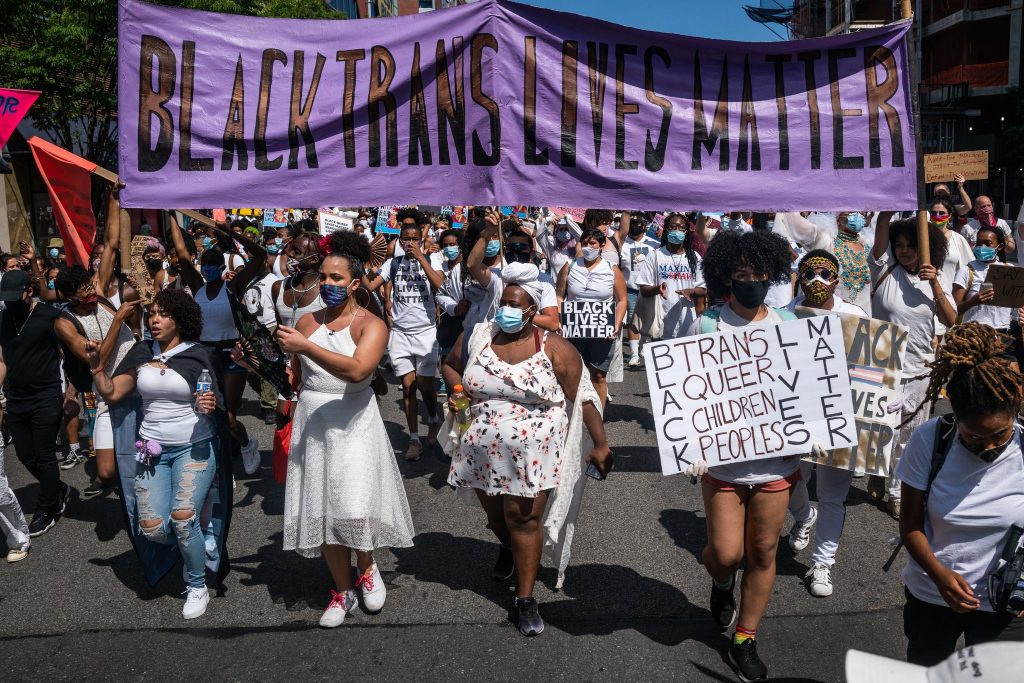Early Saturday, March 20th a few Philadelphia police officers responded to reports of a fight. Upon their arrival a bloodied woman in ripped clothes fell at their feet. This woman had been victimized with attempted sexual assault and multiple stab wounds. She was brought to the hospital sustaining these critical injuries.
Trans women in Philadelphia are suffering an “epidemic of violence,” according to authorities. This statement was made after the events that occurred September of last year when a 29-year-old Black trans woman named Mia Green was found shot in the neck. Her body was found in the passenger seat of her alleged killer’s vehicle when he was stopped for driving through a stop sign. The police escorted the driver to the hospital where Green was pronounced dead.
Months before these events, Dominique “Rem’mie” Fells, another trans woman of color, was murdered. Her body was found dismembered in the Schuylkill River. Both State Representative Malcolm Kenyatta and Mayor Kenney recognized Rem’mie’s death for the tragedy it was, while many others of the city took to the streets to protest anti-LGBTQIA+ violence.
This violence seen in Philadelphia is the same violence that many trans people face every day across the nation. Specifically trans people of color are one of the most discriminated against groups in the country. In the U.S., Black transgender people have been recorded with an extremely high unemployment rate of 26%. This percentage is two times the rate of the overall transgender sample and four times the rate of the general population. Additionally, 41% of Black trans respondents of the same study said they had experienced homelessness at some point in their lives; more than five times the rate of the general U.S. population. Startlingly, 49% of all Black trans respondents had attempted suicide at some point in their lives.
Statistics such as these reveal exactly what has been recognized recently in Philadelphia: trans people are dying at an alarming rate. Trans women of color are especially vulnerable, as statistics show they have an average life expectancy of 30-35 years. All trans people are withheld opportunities and necessities in most spaces. Hate crimes against transgender people are some of the most common kinds of these crimes, but are also some of the least visible in the media.
Many Philadelphians have been encouraged to see city authorities, as well as leadership such as Mayor Kenney, speak out against this epidemic of anti-trans violence. However, it is likely that Philadelphia and the nation will continue to mourn the tragic deaths of their trans community members unless a real effort is made to protect and value trans lives.
To support trans women in Philadelphia visit the Trans Justice Funding Project online at transjusticefundingproject.org.
Sources: NBC, NBC Philadelphia, Philly Voice

